For readers of WHEN HITLER STOLE PINK RABBIT
If you are a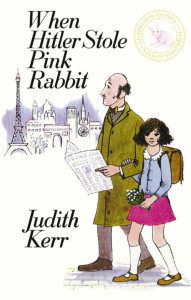 n American reader who admired and loved Judith Kerr’s novel based on her family’s escape from Germany in the 1930s, When Hitler Stole Pink Rabbit, there is something you need to know immediately. It is the first book in a trilogy! She wrote two more books about what happened afterwards! The second, Bombs on Aunt Dainty, is about Anna’s teen years in London during the war and the third, A Small Person Far Away begins with her as a young wife after the war.
n American reader who admired and loved Judith Kerr’s novel based on her family’s escape from Germany in the 1930s, When Hitler Stole Pink Rabbit, there is something you need to know immediately. It is the first book in a trilogy! She wrote two more books about what happened afterwards! The second, Bombs on Aunt Dainty, is about Anna’s teen years in London during the war and the third, A Small Person Far Away begins with her as a young wife after the war.
Four years ago I stared yearningly at these books prominently on display in a Waterstone’s in Oxford asking myself how it could possibly be that I didn’t know that they existed. Are you wondering the same thing? It’s because, although we share a common language and although Britain is not so far away, and although these books obviously sell extremely well in Britain, for some reason, tragically, they don’t seem to have been published in the U.S.
I was feeling very guilty about spending any money at the time I came upon these books. I had taken a half-year unpaid leave from my job and wasn’t bringing in any income. Everything in the UK was very “dear,” as they say. My progress on the novel I was trying to write was slow and painful. One day I stood in a village shop for several minutes agonizing over whether it was morally acceptable for me to buy the expensive pack of index cards that I wanted to plot out my novel with. I ended up buying a set of blank postcards instead because they were cheaper. But that day in Waterstone’s, even though I was feeling nervous about money, I had to buy these two books immediately. I’m so glad I did.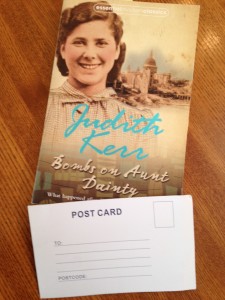
I recently took Bombs on Aunt Dainty down from my shelf and read it again. I found in it one of those blank British postcards I had bought to organize my novel with. Evidently I had been using it as a bookmark. And once again, I was struck by the power and beauty of this book.
Although it is written in a style very like When Hitler Stole Pink Rabbit—simple, spare sentences, that nonetheless manage to be absolutely direct and telling and at times heart-rending—this is not the kind of book Americans give to children. It grapples with some difficult reality. Early on in the book, young Anna hears her elderly father getting something from a doctor so that he and his wife can be prepared in case Hitler does invade England. She is never told what it is, but she knows nonetheless. At another point we hear about the first man Anna is in love with. Kerr writes beautifully about the way Anna’s joy suffuses the world around her and blends with her awakening joy in visual perception and in drawing:
“She loved everything. She felt as though she had been asleep for years and had just woken up. In the mornings, when she took the bus down Putney Hill to the tube station, she stood outside on the platform, so as not to miss a moment of the view in the early light.” (pp. 232-3)
The novel also includes realities that I have seen very little represented, depicted with a spare, straightforward, unflinching honesty. Anna’s uncle, who has escaped from a concentration camp, is terribly emotionally and mentally damaged by the experience. We also see Anna herself as a young teen in a cellar during the London Blitz feeling it shake around her and experiencing sheer terror that she will be suffocated, trying not to panic so that she will use less oxygen. Of course people in London were not able to “keep calm and carry on” absolutely all the time, but you don’t often see that reality represented this vividly and honestly.
The fact is that some children’s lives contain a lot that isn’t appropriate for children. This is a beautiful book, but it would have a hard time finding an audience in the US, because it falls between genres. Evidently this doesn’t trouble people in the UK, which is a wonderful thing, because othe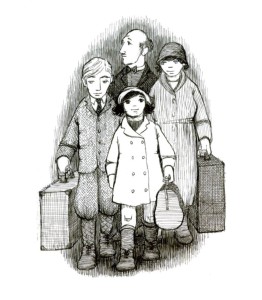 rwise these books wouldn’t exist.
rwise these books wouldn’t exist.
So if you want to read it, how can you? Out of curiosity I checked, and even my very good public library interlibrary loan network does not have it. At the time I’m writing this, it isn’t even available in print from massive online retailers, though you can get an electronic text. If, like me, you vastly prefer a real, physical book, you’ll have to plan a trip to the UK! Or—and I have absolutely no financial stake in the matter—but I do see that you can also buy copies from amazon.co.uk.
Keep calm and read on.
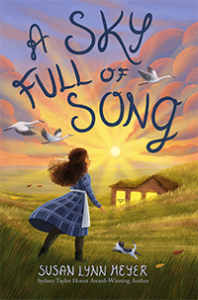
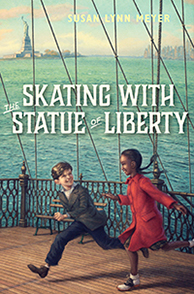
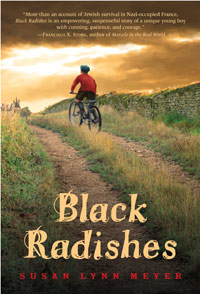
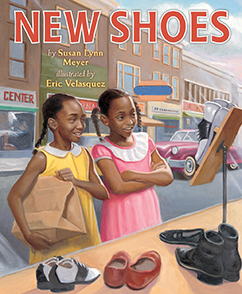
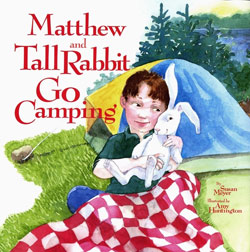
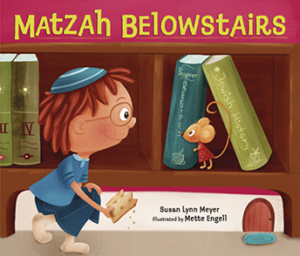

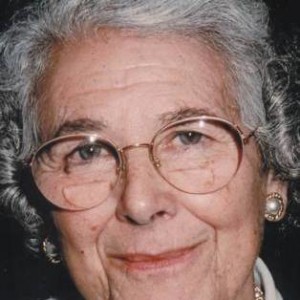
03/27/2016 at 10:02 pm
Judith Kerr is wonderful. I’m happy to report that you can get these books from The Book Depository: https://www.bookdepository.com/author/Judith-Kerr?searchAuthor=Judith-Kerr&advancedQueryParts=true
They are a reasonable price and there’s free delivery worldwide! 🙂
03/27/2016 at 10:07 pm
I’m so glad to know about The Book Depository–thanks, Sophie!
03/27/2016 at 10:20 pm
Thank you very much Susan
Your post is very moving and I’m glad to know of these other books and how to get copies.
I value your posts and send you great appreciation.
Elly
03/27/2016 at 11:36 pm
Thank you so much, Elly! Given your love of the visual, you will really enjoy Bombs on Aunt Dainty, I think.
03/28/2016 at 1:59 am
Thanks for sharing. When we go to the UK this summer I’ll look for these books!
03/28/2016 at 2:42 am
That’s great! Have a wonderful trip. Another of my favorite British children’s authors who focuses on this era (the war years and the post-war years), who is also much better known in the UK than here, is Michelle Magorian.